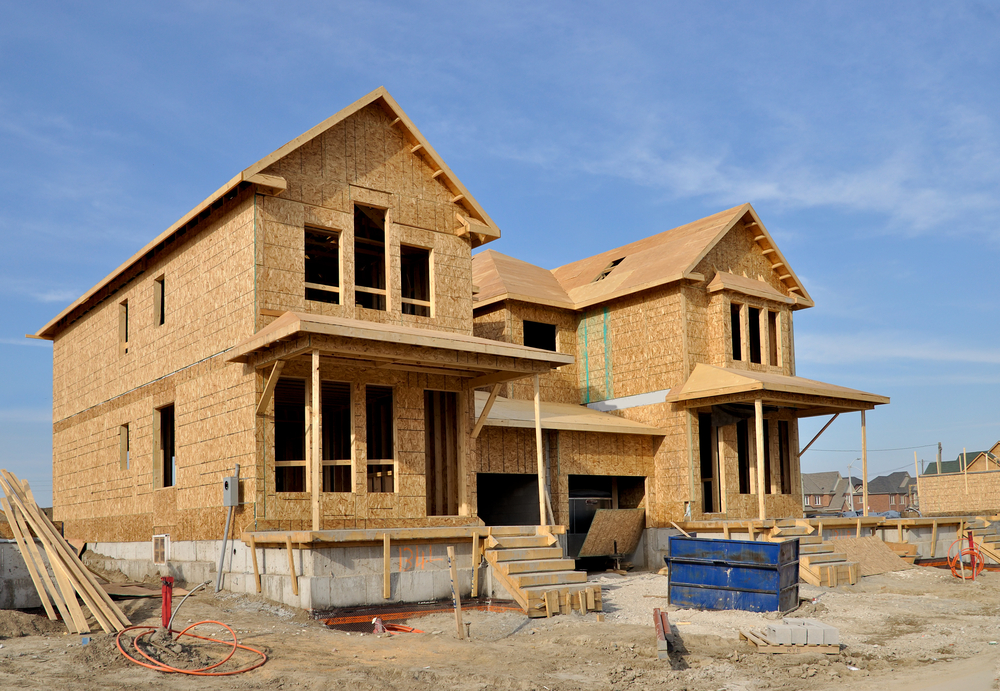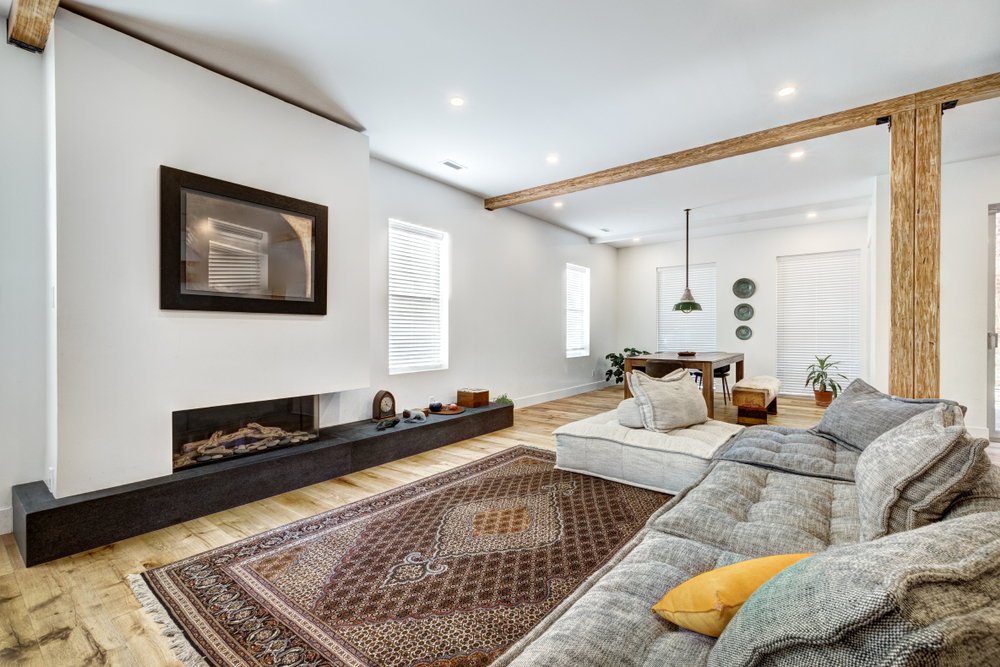Building a new home can be an exciting experience, especially for first-time home builders. However, financing the build of a new home in Ontario can be daunting, and it’s essential to understand the various financing options available.
In this guide, we’ll dive into construction loans, Ontario mortgage agents, and other financing options to help you make informed decisions.
A Guide for First-Time Home Builders

Before embarking on your home-building journey, it’s crucial to understand the financing options available to you. Building a new home involves several steps, starting from finding the right lot, designing your dream home, hiring a builder, and obtaining financing. While the process may seem overwhelming, it’s essential to take one step at a time, starting with financing.
- Construction Loans
Construction loans are a popular financing option for new home builders in Ontario. These loans are short-term loans that cover the cost of building your home and are typically paid back over a period of six to twelve months. The loans are drawn down as the construction progresses, and the interest is only charged on the amount drawn. Additionally, construction loans have a higher interest rate than traditional mortgages because they are riskier for lenders.
- Traditional Mortgages
Traditional mortgages are long-term loans that are used to purchase already-built homes. However, some lenders offer construction-to-permanent mortgages, which combine the benefits of construction loans and traditional mortgages. With a construction-to-permanent mortgage, you can finance the construction of your home and then convert the loan into a permanent mortgage once the construction is complete.
- Ontario Mortgage Agents
Working with an Ontario mortgage agent can help you navigate the complexities of financing a new home. Mortgage agents can help you find the best financing options based on your needs and financial situation. They can also help you understand the different types of mortgages available, including construction loans and traditional mortgages.
- Home Equity A Guide for First-Time Home Builders (HELOC)
If you already own a home, a HELOC can be a viable financing option for building a new home. A HELOC is, in simple terms, a line of credit that’s secured by the equity you may have in your home. You can use the credit line to finance the construction of your new home, and once the construction is complete, you can pay off the HELOC with a traditional mortgage.
- Savings
If you have the cash reserves, financing the build of your new home with savings is a viable option. By using savings, you can avoid taking on debt and the associated interest payments. However, it’s essential to ensure that you have enough savings to cover any unexpected costs that may arise during the construction process.
Making the Best Decision for Financing
Financing the build of a new home in Ontario can be challenging, but with the right guidance, it’s possible to make informed decisions. Construction loans, traditional mortgages, Ontario mortgage agents, HELOCs, and savings are all viable options for financing your new home. It’s essential to consider your financial situation, needs, and goals before choosing a financing option. By taking the time to research and understand your options, you can make informed decisions and build your dream home with confidence.








